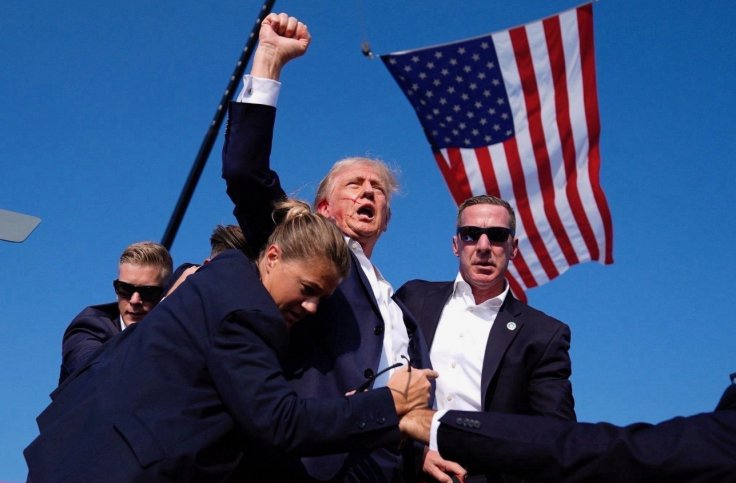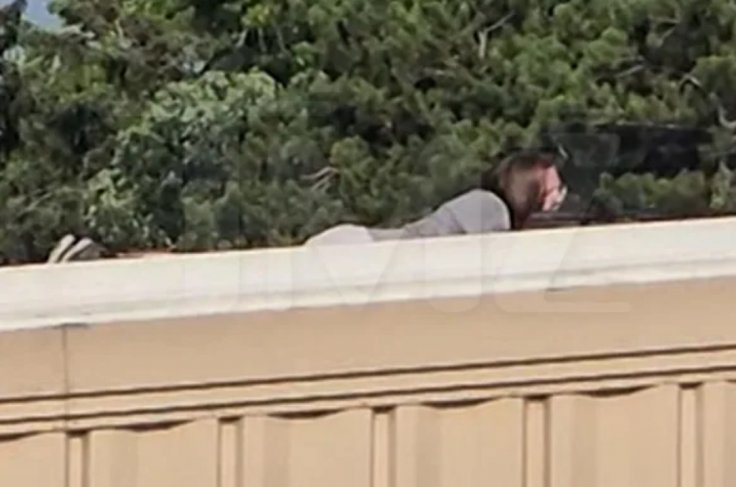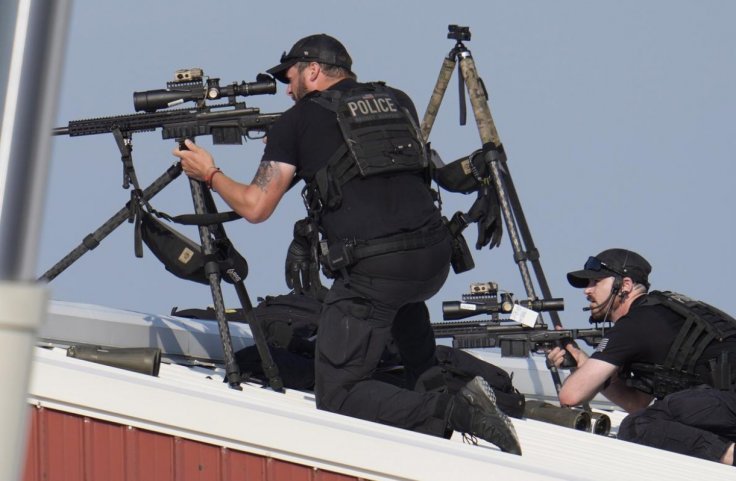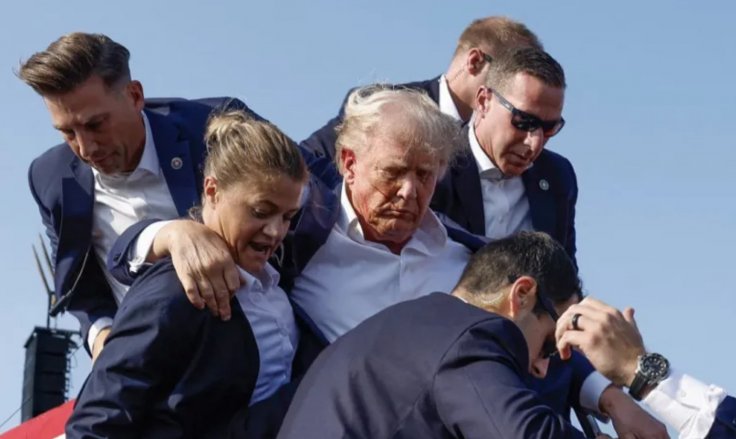Senior Secret Service officials failed to pass on "classified threat information" concerning President Donald Trump to the agents responsible for his security during the Pennsylvania campaign rally where an assassination attempt was made on him, according to a congressional watchdog report.
The Government Accountability Office (GAO) found that classified intelligence had been given to Secret Service officials at least 10 days before the assassination attempt on the Trump on July 13, 2024, in Butler. However, due to the agency's "siloed practice for sharing" information, only a limited number of personnel were informed about the threat to Trump's life. Trump was nearly killed by a bullet during the harrowing assassination attempt.
Secret Service Failure

"[T]he Secret Service had no process to share classified threat information with partners when the information was not considered an imminent threat to life," read the GAO report, released Saturday by Sen. Chuck Grassley (R-Iowa).
The report notes that the threat was labeled "highly classified" by Secret Service officials, but it does not provide any details about what the threat specifically involved.

"Secret Service and local law enforcement personnel central to developing site security plans for the rally were unaware of the threat," the report mentions. It explains that the agency's advance team tasked with the Butler event had not been given the crucial intelligence.
The special agent leading the Secret Service's Pittsburgh field office, which is responsible for the area where the rally was held, told the GAO that he, too, had not received any details regarding a potential threat.
"He reported that if he had received the threat information, he would have requested additional assets, such as ballistic glass, additional drone mitigation, and a full counter sniper advance team, among other assets," the report states.

The Secret Service had "multiple opportunities to share this information" leading up to the rally "but repeatedly failed to do so," Gassley's office contends.
"One year ago, a series of bad decisions and bureaucratic handicaps led to one of the most shocking moments in political history," the senator said in a statement. "The Secret Service's failure on July 13th was the culmination of years of mismanagement and came after the Biden administration denied requests for enhanced security to protect President Trump."
"Americans should be grateful that President Trump survived that day and was ultimately reelected to restore common sense to our country."
Secret Service to Blame
Grassley referred to the 98-page GAO report as a "comprehensive overview of the failures that occurred prior to and on July 13th." "More importantly, this report offers a clear path forward for the Secret Service to improve, so it can prevent another Butler from ever happening again," he added.

"This information would not have been possible without congressional oversight, and my work will continue."
The GAO also raised concerns about the duties and preparedness of the agents assigned to the Butler rally. It pointed out that five out of the 14 agents interviewed said they depended on their own individual levels of protective experience for the event, and that the Secret Service advance team was not required to review local law enforcement's operational plans.
The report further notes that the Secret Service site agent in Butler, responsible for "identifying site vulnerabilities," was new to the position and that this rally marked "her first time planning and securing a large outdoor event."
The report also revealed that the Secret Service did not have enough drone support that could have helped spot the shooter, as some drones had already been assigned to the Republican and Democratic National Conventions. Besides, the drones that were available malfunctioned and were operated by personnel with limited experience.

Secret Service Director Sean Curran said on Saturday that the agency has reviewed the GAO report and is "committed to implementing all recommendations and have already made substantial progress on several of them."
"Following the events of July 13, the Secret Service took a serious look at our operations and implemented substantive reforms to address the failures that occurred that day," Curran said in a statement.
"The Secret Service appreciates the continued support of President Trump, Congress, and our federal and local partners who have been instrumental in providing crucial resources needed to support the agency's efforts."









